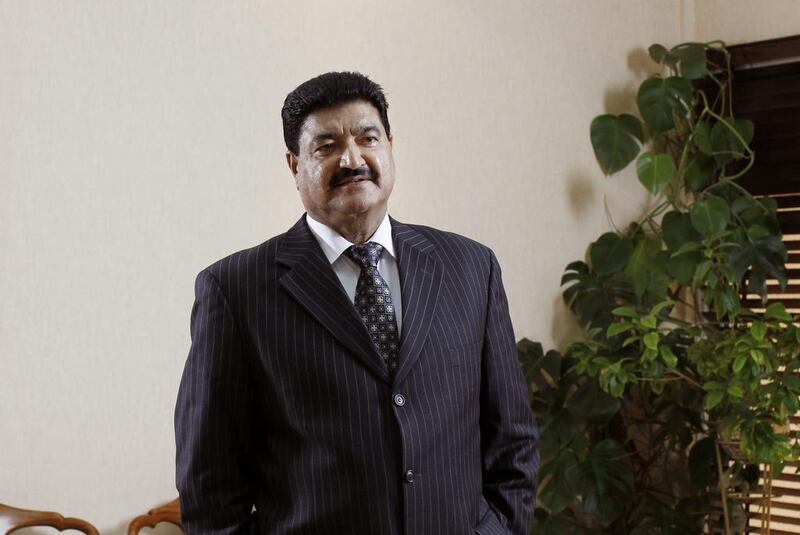B R Shetty, the Indian businessman and philanthropist who recently bought Travelex for a reported £1 billion (Dh6.15bn), says he is likely to open new stores and may restart Travelex’s remittances business.
“We plan to be in 50 countries in two years’ time,” said Mr Shetty, who is also the chief executive of UAE Exchange. “We’re mainly expecting to expand to richer countries in Asia and Africa.”
Travelex currently has branches in 32 countries, as well as 1,500 outlets.
The two exchange organisations will “not immediately” merge and “will be run independently”, he said. Mr Shetty said he would “not remove anyone at Travelex management”. But he did say there would probably be “opportunities for both businesses to work more closely together”.
He also said the two had different target markets. “UAE Exchange caters for lower and middle-class customers – Travelex is for middle-class and upper-class customers.
“I bought it to expand it, not to reap a short-term reward from it,” he adds. “I’m a long-term investor – I’m not a private equity company. I bought Travelex to expand and nurture the company.”
Travelex recorded an annual loss of £186.4 million, against revenues of £695m at the end of 2013. The company’s financial statements said that was largely due to the debt loaded on to the company when it was acquired by the private equity company Apax.
Mr Shetty’s acquisition was supported by Centurion Investments, the Abu Dhabi investment firm, which contributed funding. Mr Shetty said Centurion’s role was “mainly financial”, but that he would “take advantage of the advisory services that they have to offer”. Mr Shetty was advised in the transaction by Standard Chartered Bank, Evercore, Mena Financial Partners and Linklaters.
An independent public offering for UAE Exchange would be delayed for at least two years, Mr Shetty said.
“We’re still planning to operate the IPO … but we don’t need cash – we have enough cash to sustain the business. Whenever we want to expand further, we’ll go to an IPO,” he said.
Centurion is owned and controlled by Saeed bin Butti Al Qubaisi. The company owns a 40 per cent stake in NMC Healthcare, which Mr Shetty founded. NMC was floated in London in 2012 at a market valuation of £117m. It currently has a market capitalisation of £899m. Mr Shetty retains a 20.3 per cent stake in the business.
The remittances industry is expanding at a fast clip, with total remittances expected to grow at 9 per cent per year, rising from US$414bn in 2013 to $540bn in 2016, according to the World Bank.
New technologies are changing how remittances companies do business. Facebook recently acquired the British start-up Transferwise, started by two Estonian immigrants to the UK, which partners local senders and receivers of currency instead of transferring money abroad. With 100 million Facebook users in India, the company could draw on a large pool of customers for any new money transfer business.
But Mr Shetty is confident that technology will help his remittances business. He points to instant money transfer services as an example of how innovation has benefited his business.
“We have our own innovations,” he said. “New technologies can only benefit the transfer industry.”
abouyamourn@thenational.ae
Follow us on Twitter @Ind_Insights





